There is evidence to indicate that human coronaviruses, including the SARS-CoV-2 virus responsible for the current pandemic, can enter the brain and infect nerve cells. Other strides suggest that coronavirus infection (or the ensuing inflammatory response) may increase vulnerability to neuropsychiatric illness, including depression, anxiety, psychosis and delirium. Expanding on these findings, researchers have speculated that there may be an association between COVID-19 and developing a postpartum psychiatric illness, including postpartum psychosis.
Although not well documented, there have been reports of an increased number of women admitted with postpartum psychosis during the pandemic. In addition, the medical literature includes descriptions of four cases of postpartum psychosis in women infected with the SARS-CoV-2 virus (Subramanyam 2020, Franchi 2020).
A recent report from the Women’s Mental Health Program (WMHP) at the University of Arkansas for Medical Sciences (UAMS) reports on an additional three women with postpartum psychosis following SARS-CoV-2 infection, another woman with PP psychosis emerging after vaccination against SARS-CoV-2, and five women with postpartum psychosis who did not have documented SARS-CoV-2 infection or vaccination prior to the onset of psychosis.
Most of the women had a pregravid history of psychiatric illness: depression (n=3), bipolar disorder (n=1), PTSD (n=2), GAD (n=1), postpartum depression (n=1). One of the women had a history of postpartum psychosis after a previous pregnancy. Two of the women had no personal history of psychiatric illness.
The symptoms observed in all nine women were consistent with typical postpartum psychosis: decreased need for sleep, disorganized behavior, pressured speech, racing thoughts, disorientation, paranoia, and auditory hallucinations.
So Does COVID-19 Cause Postpartum Psychosis?
Although other reports have suggested that individuals infected with the SARS-CoV-2 virus may be more vulnerable to neuropsychiatric illness, including psychosis, it is very difficult to prove causation. Most of the women in this cohort had known risk factors for postpartum psychosis, including history of bipolar disorder, primiparity, and preeclampsia. In addition, only three of the nine women had a documented infection preceding the onset of psychosis.
What we do observe, at least in this report, is an increased number of women presenting with postpartum psychosis. In studies conducted prior to the pandemic, the prevalence of postpartum psychosis has been estimated to be about 1 per 1000 deliveries. At the UAMS site, they experienced about a fourfold increase in the number of women presenting with postpartum psychosis.
While it is possible that infection with the SARS-CoV-2 virus may be associated with postpartum psychosis, another explanation for these findings is that factors associated with the pandemic itself increase women’s vulnerability to postpartum psychosis. The pandemic has indeed been a very challenging and anxiety-producing time for expectant and new mothers. During this time, women have had limited access to their social networks, support services, and in-person medical care. Unable to bring in friends and family members from the outside, new mothers have had to contend with social isolation and sleep deprivation.
Consistent with other reports, the COVID-19 pandemic, with or without concurrent SARS-CoV-2 infection, appears to be a risk factor for the development of postpartum psychiatric illness, and probably also postpartum psychosis. The authors of this article encourage obstetrical providers and those caring for women and infants to help minimize risk of psychiatric illness by emphasizing the importance of good sleep hygiene with their postpartum patients and monitor closely for sleep deprivation in these women.
While this is a reasonable recommendation, we must emphasize the importance of identifying the most important risk factors for postpartum psychosis: personal history of bipolar disorder and a previous episode of postpartum psychosis. In these women, the risk of postpartum psychosis is very high, and these women should be offered prophylactic treatment and close monitoring to minimize their risk of postpartum psychosis. In these women at high risk, postpartum psychosis can be prevented.
Ongoing Research into Postpartum Psychosis
The MGH Postpartum Psychosis Project (MGHP3) is a new study at our center with the goal of better understanding postpartum psychosis. The causes, symptom patterns, and prognosis of postpartum psychosis are not well understood. Because women whose mothers and sisters have experienced postpartum psychosis are more likely to experience postpartum psychosis, genetic factors seem to play an important role in determining risk for this disorder. The primary goals of this study are to describe the risk factors of PP psychosis and to examine how genes affect risk of this disorder.
The study will assess women who have experienced an episode of postpartum psychosis within six months of giving birth. Study participation involves a telephone interview and providing a DNA sample with a saliva collection tube sent by mail. The purpose of the study is to better describe the symptom pattern of postpartum psychosis and to examine the genetic contributions to risk for this disorder.
Learn more about this project at MGHP3.org.
Ruta Nonacs, MD PhD
Bider EN, Coker JL. Postpartum psychosis and SARS-CoV-2 infection: is there a correlation? Arch Womens Ment Health. 2021 Dec;24(6):1051-1054. Free article.
Subramanyam, Alka A, et al. Postpartum Psychosis in Mothers with SARS-CoV-2 Infection: A Case Series from India. Asian Journal of Psychiatry, Dec 2020.
Watson CJ, Thomas RH, Solomon T, Michael BD, Nicholson TR, Pollak TA. COVID-19 and psychosis risk: real or DELUSIONAL concern? Neurosci Lett. 2021;741:135491.
Postpartum Psychosis Can be Prevented in Women at High Risk

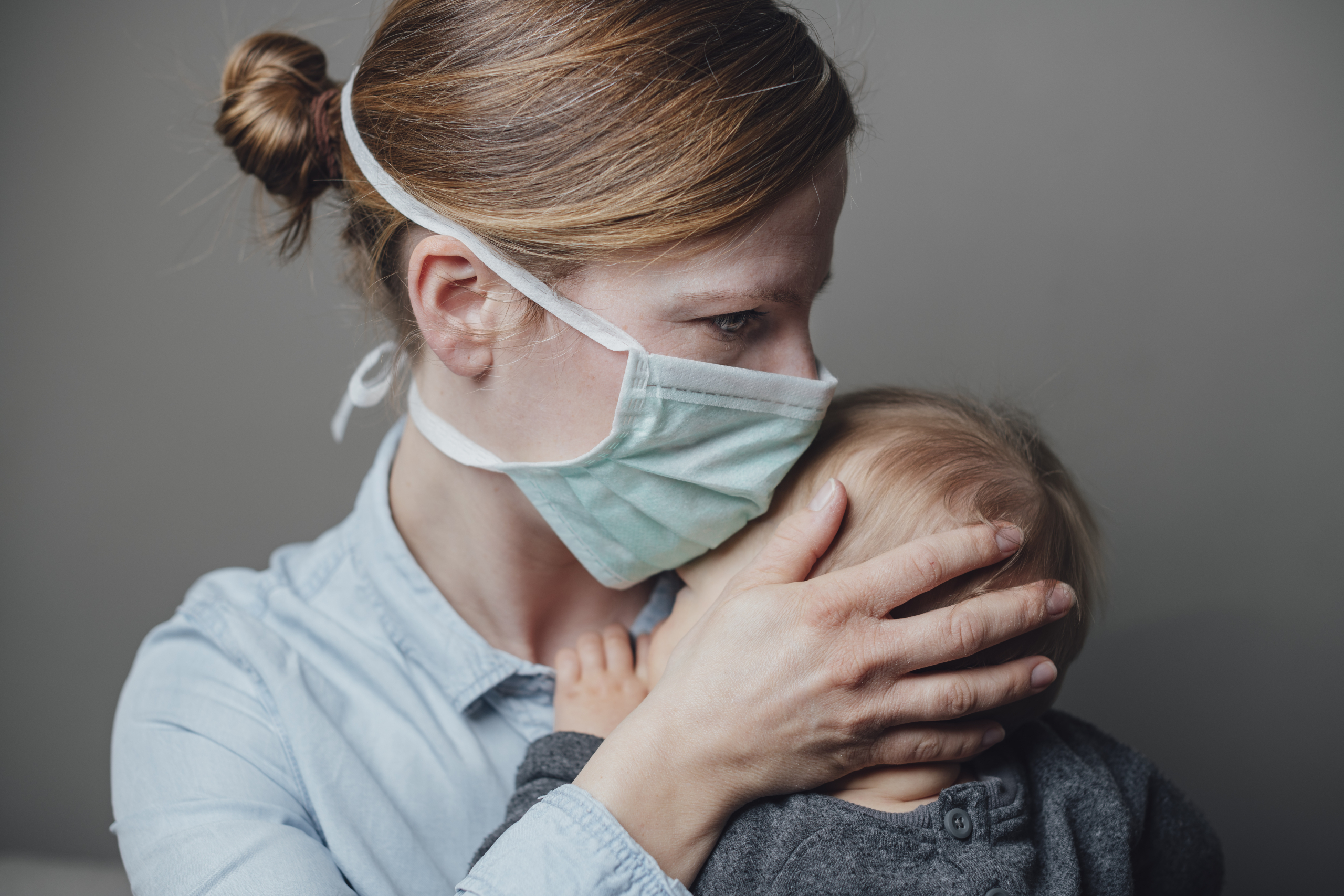
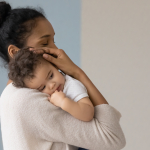
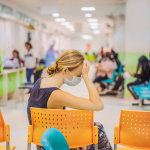
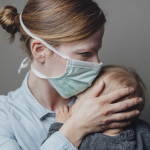
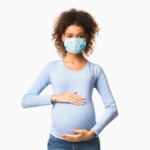

Leave A Comment